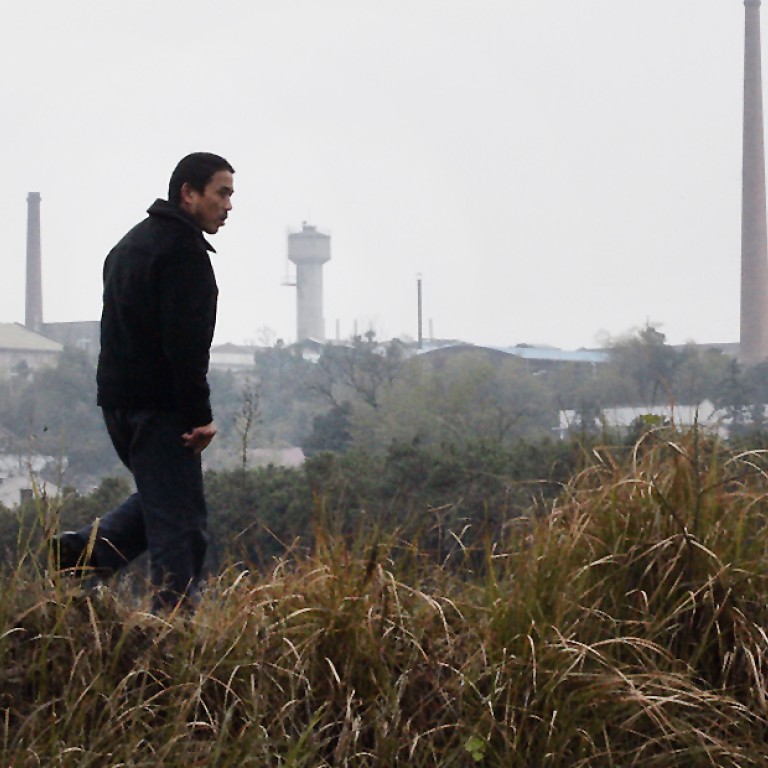
Green experts cautious over environment stakeholder 'rights'
Environmental experts have expressed cautious optimism over the leadership's indication it will set a new price tag on environmental exploitation. But more details on the proposed mechanism were needed before it could be deemed a significant step forward, the experts said.
Environmental experts have expressed cautious optimism over the leadership's indication it will set a new price tag on environmental exploitation.
But more details on the proposed mechanism were needed before it could be deemed a significant step forward, the experts said.
In its statement on the third plenum, the leadership said China would establish "property rights for natural resources and assets".
Under the system, industries would be required to make a new payment for using resources, which would be tied to determining any compensation paid to affected local communities.
Wu Changhua, Greater China director of the London-based Climate Group, said the government had broached the idea of revaluing resources before, but this was the first time it had mentioned "property rights" in relation to the environment.
"It is likely to refer to some ongoing changes such as the reform of collective ownership of forestry land, but I don't see any new mechanisms mentioned in the communiqué," Wu said.
"The central leadership has repeatedly highlighted the importance of tackling pollution over the past year, but to what extent the environmental-governance institutions will reform remains to be seen."
The state already charges companies a fee for rights to use resources, but it varies according to the industry, and in most cases is relatively low. In addition, state-owned firms dominate several sectors, such as energy, so there is little incentive for the central government to charge them a higher fee.
The statement does indeed cover some familiar terrain, calling for China to establish "a sound institutional system" to advocate "ecological civilisation", a term coined by former president Hu Jintao in 2007 to describe achieving a balance between growth and conservation.
But the language in the latest statement has suggested to some observers that China may be moving towards a long- discussed goal of merging the ministries that oversee resource management and environmental protection.
"A possible change down the road is to create a single ministry, so that there will be no more fighting among different government agencies with different priorities," said a former official with the Ministry of Environmental Protection, who asked to remain anonymous.
Wang Yi, a deputy director of the Institute of Policy and Management at the Chinese Academy of Sciences, shared a similar hope.
He told the that setting up a super ministry to oversee resources and environment with local branches directly reporting to the central ministry, rather than the local government, could tackle pollution more effectively.
Wu, of the Climate Group, said there were already some good local-level experiments on environmental governance. For instance, authorities in Guiyang , the capital of Guizhou province, set up an "ecological civilisation" commission several years ago that proved to improve environmental management.
"But how much such pilot practices will be adopted at the national level still remains to be seen," Wu said.

